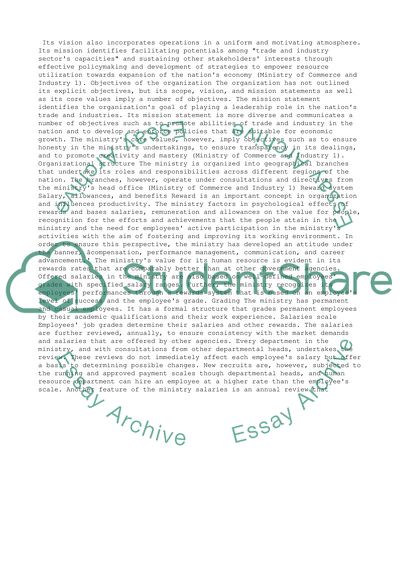Cite this document
(“Internship Report Essay Example | Topics and Well Written Essays - 2000 words”, n.d.)
Retrieved from https://studentshare.org/management/1472935-internship-report
Retrieved from https://studentshare.org/management/1472935-internship-report
(Internship Report Essay Example | Topics and Well Written Essays - 2000 Words)
https://studentshare.org/management/1472935-internship-report.
https://studentshare.org/management/1472935-internship-report.
“Internship Report Essay Example | Topics and Well Written Essays - 2000 Words”, n.d. https://studentshare.org/management/1472935-internship-report.


